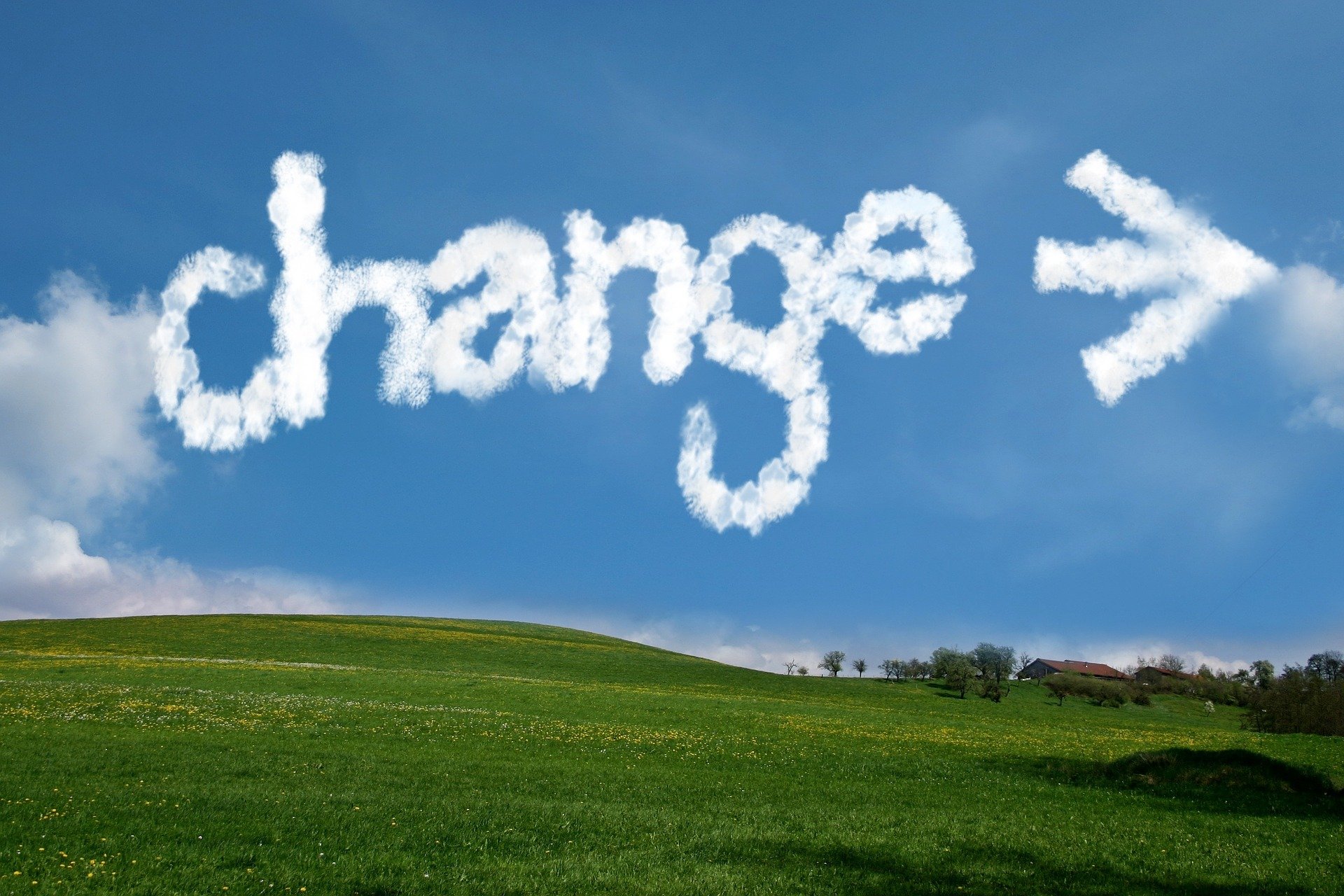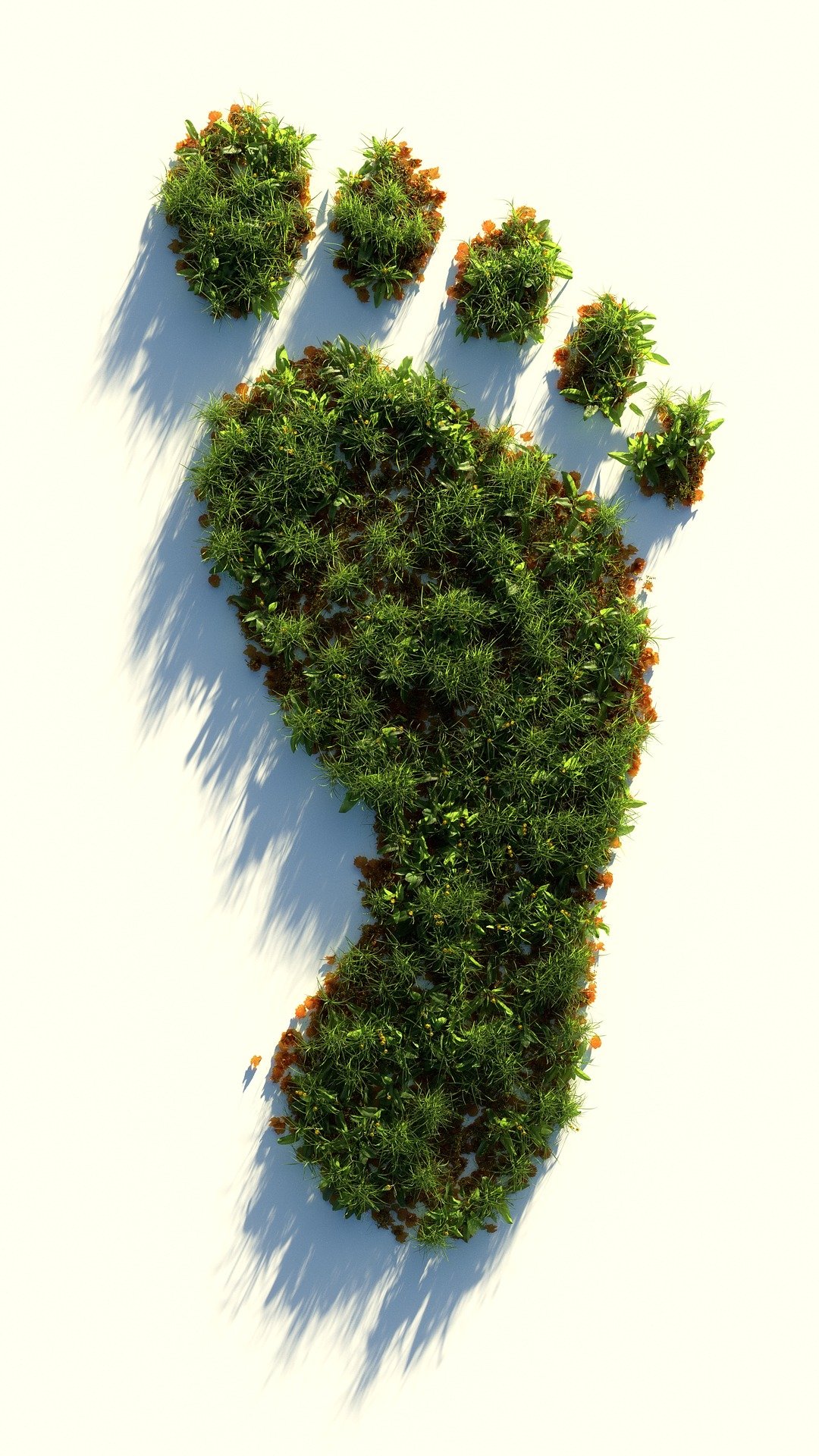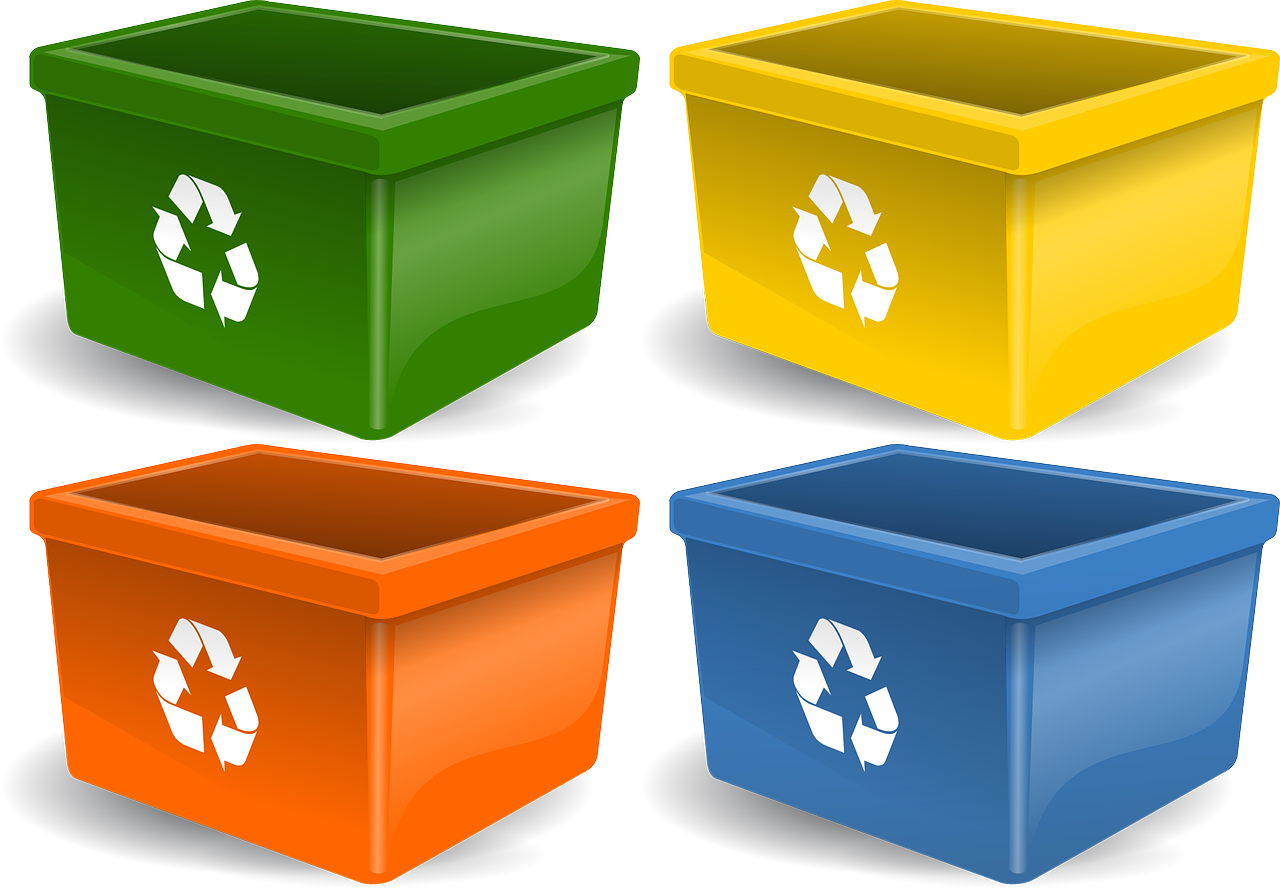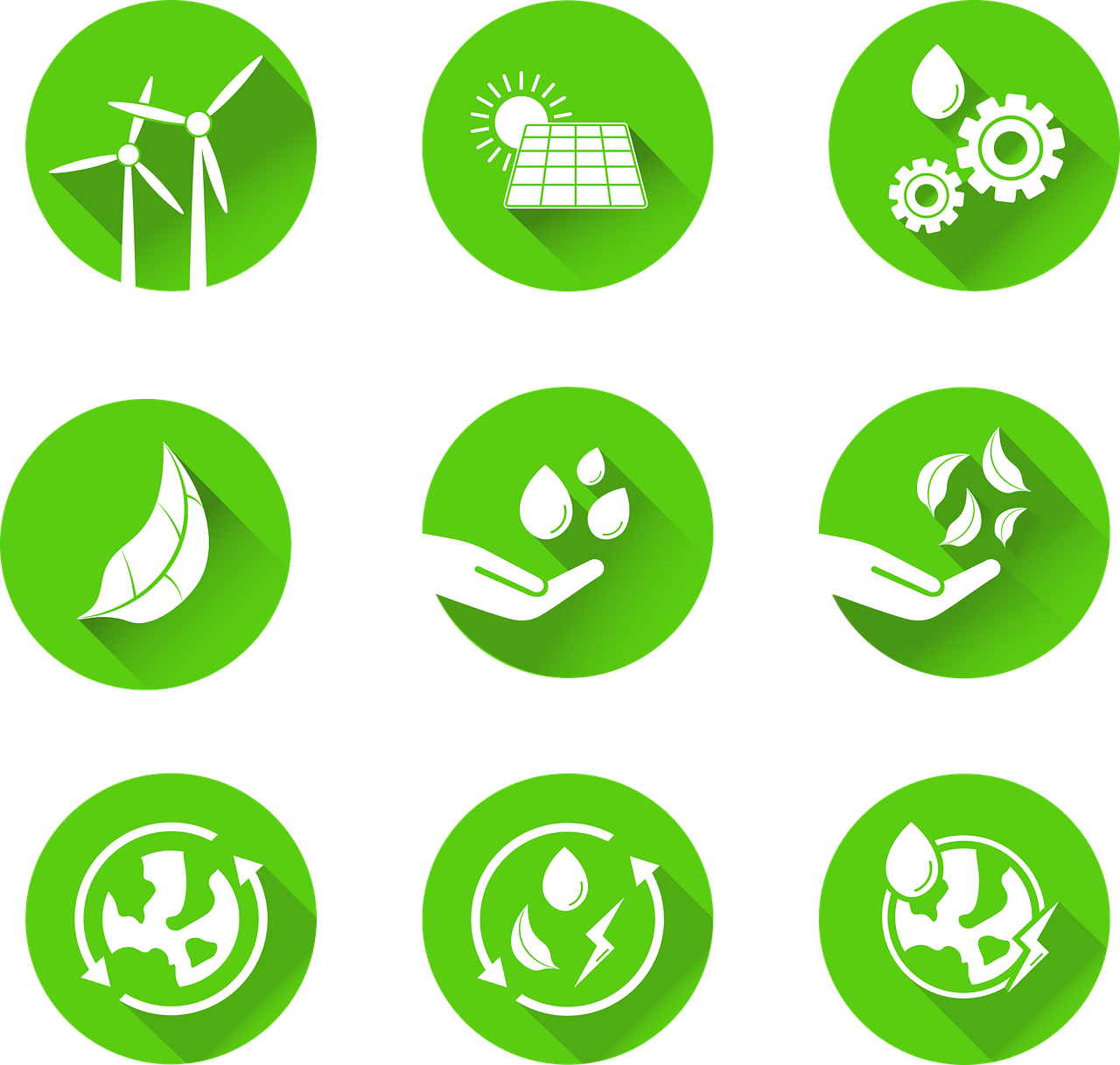Each year, April is Mother Earth’s month when all nations focus on our fragile ecosystem. Unlike past years, April 2021 (much as April last year) will be different because of the prevailing impacts of COVID-19 on almost all aspects of human activities throughout the world.  Indeed, people and organizations everywhere have discovered that things need to be done differently now to survive and succeed in almost every endeavor.
Indeed, people and organizations everywhere have discovered that things need to be done differently now to survive and succeed in almost every endeavor.
In April 2020, many countries enforced prolonged lockdowns to protect their inhabitants from the nefarious coronavirus disease. Even governments that were initially in denial soon realized that COVID-19 was a real threat to the human community and that the cost of dealing with the sick would outweigh the cost of lockdowns. Everywhere, since April 2020, people working from home, reducing social contacting, or just doing simple hygienic things to keep each other safe, all helped to stop or reduce the spread of the COVID-19.
It would be interesting to know your thoughts around what helped you to work effectively from home during the lockdown period. Share your thoughts here
All of these things have made me wonder – what has been COVID-19’s impact on the environment? Well, it seems to me that it was positive in some cases and negative in others. 
Most noticeably, the lockdowns restricted movements and caused a steep decrease in car traffic and air travel all over the world. The impact was the subsequent reduction in carbon dioxide (CO2) emissions. However, as many countries began to open up and lift restrictions to movements, people have started to go out more frequently and our CO2 footprint is also beginning to grow back to pre-pandemic levels. This is one of the unfortunate outcomes of unrestricted movements.
In absolute terms, the decline in CO2 emissions of 2 billion tonnes is without precedent in human history. Broadly speaking, this is the equivalent of removing all of the European Union’s emissions from the global total. Let us keep in mind, however, that transportation accounted for well over 50% of the total global drop in CO2 emissions in 2020.[1]
- Will there be any lasting effect of restricted movements on the environment?
- Are there any behaviors and solutions that we implemented during the lockdown that we can keep?
- How will these behaviors and solutions contribute to sustain the desired decrease in CO2 emissions?
Please share your thoughts here
What companies do to generate revenue and provide employment in a pandemic is also important. The plastic packaging industry is enjoying an increase in demand and popularity as producers and consumers do things differently. For example, seen as a more sanitary option, consumer spending on packaged food products soared in Europe. In Italy, for instance, packaged mandarins rose over 111% in the week ending on March 8, versus the same period in 2019.[2] 
What is your perception on plastic packaging during the pandemic? In what ways does it contribute to keeping you and your family safe from contracting COVID-19? Share your perceptions here
What about food waste while you were working from home? Fears of disruptions in the food supply chain caused an increase in the quantity and type of food bought for home consumption. Although this is similar to the huge demand for sanitary and hygiene products (like toilet paper); however, increases in food purchases could potentially lead to a rise in food waste with negative ramifications for the environment in terms of greenhouse emissions and groundwater pollution.
For example, here in Manitoba, much of the food waste will end up in the landfill where it will produce methane, a greenhouse gas 84 times more potent than carbon dioxide (over a 20-year period)[3].
So, here are a few more questions I suggest we answer:
- By how much did you increase your household spending in food since the pandemic began?
- Do you feel you are throwing away more spoiled food now than before the pandemic?
Share your answers here
In conclusion, how do all the viewpoints I have raised in this article, and asked for your thoughts and comments, connect to innovation? 
Innovation is defined as change through renewal. COVID-19 has brought about many solutions to keep us going in these changing times. These solutions, in turn, have had a great impact on our planet. However, many of the real solutions lie in some pre-existing climate-friendly trends which have been accelerated by the pandemic.
As our business travel has declined, we have realized that video conferencing can achieve the same effect in many cases. We now know how reliant we are on the global supply chain and we might decide to invest in alternate local sourcing. The demand for remote work has long existed and we have finally realized we can still be productive from home, while downsizing offices or getting rid of them altogether (and the expenses associated with them).
Please let us never forget the great loss of lives associated with COVID-19. There is nothing to celebrate about such a devastating tragedy. But it is perhaps that these innovative solutions are a small victory against the reality of COVID-19. It is now up to us to learn from what has happened since 2020 and apply it to help Mother Earth sustain its fragile ecosystem.

Author
Manuel Moreno
Director, Corporate Innovation
Winnipeg, MB Canada
manuel.moreno@winpak.com
Submit a comment